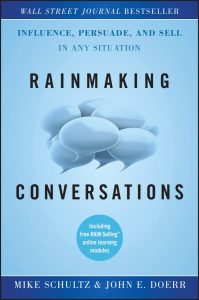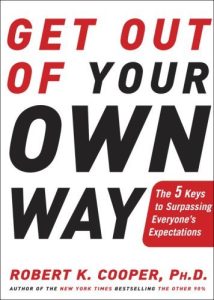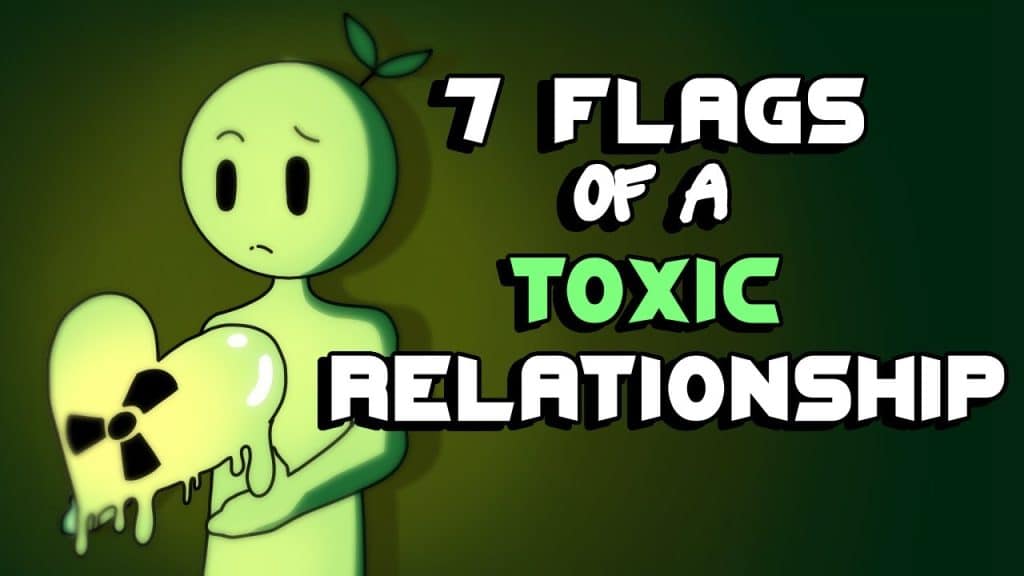Signs of a Toxic Relationship and How to Handle Them In any relationship, there are bound to be ups and downs. It's normal to have minor disagreements or annoyances with your partner from time to time. However, when these behaviors become toxic and start affecting your well-being, it's important to recognize the signs and address them. In this blog post, we will discuss seven red flags that indicate a toxic relationship and provide some tips on how to handle them. 1. Controlling Behavior One of the first signs of a toxic relationship is controlling behavior. If you feel suffocated and as if your life and choices are no longer your own, it could be a sign that your partner has become overly controlling. While it's normal for partners to show concern for each other's whereabouts, excessive questioning and attempts to manipulate your actions indicate a problem. If you experience this, it is important to communicate your concerns and assert your own independence within the relationship. 2. Lack of Communication Healthy relationships are built on effective communication. When open dialogue and understanding are lacking, it's a clear red flag that the relationship has turned toxic. If your partner responds defensively, refuses to take responsibility for their actions, or blames you for any issues, it shows a lack of communication skills. To address this, try having an honest conversation and expressing your need for better communication. Mutual understanding and respect should be the foundation of any relationship. 3. Unbalanced Give and Take A healthy relationship involves both partners contributing and supporting each other equally. However, in a toxic relationship, the give and take is one-sided. If you constantly find yourself giving more than you receive, feeling exhausted, and taken for granted, it's a sign that the balance has been disrupted. In this case, it's essential to have a conversation with your partner about the unfairness and discuss ways to restore balance. 4. Lack of Boundaries In a healthy relationship, boundaries are crucial. Both partners should respect each other's personal space, needs, and preferences. If your partner constantly crosses boundaries, demands excessive favors, and disregards your feelings and well-being, it's a clear indication of toxicity. Set clear boundaries and communicate them to your partner. Remember, a healthy relationship requires mutual respect and consideration. 5. Use of Personal Information Against You When someone you trust uses your personal information to harm or manipulate you, it is a major red flag. This goes beyond a simple disagreement or argument. By intentionally using your vulnerabilities against you, they are betraying your trust and engaging in toxic behavior. If this occurs, confront your partner about their actions and reassess whether this relationship is worth pursuing. 6. Concealing the Relationship If your partner hides your relationship from others, it indicates a lack of commitment and potentially shame or embarrassment on their part. A strong and healthy relationship should be celebrated and acknowledged openly. If your partner refuses to acknowledge your relationship in public, it raises questions about their true intentions. It may be time to reevaluate the relationship and consider if it's truly in your best interest to continue. 7. Surrounded by Negative Energy Constant exposure to negative energy can be draining and detrimental to your mental and emotional well-being. If your partner consistently introduces and maintains negative emotional or psychological stress in your life by dismissing your goals, discouraging growth, or belittling your ambitions, it is an unmistakable sign of toxicity. Prioritize your own happiness and surround yourself with positive influences instead. Remember, healthy relationships are valuable, while toxic relationships will actively deplete the goodness in your life. Recognizing and addressing these red flags is essential for your own well-being. If you have experienced any of these signs in your relationship, feel free to share your thoughts and how you handled it in the comments below. Let's support one another through open discussion and create a healthier environment for everyone. Watch Video Please Subscribe or Login to continue reading and access more premium posts. Subscribe or Login Username Password * Remember Me Forgot Password
























